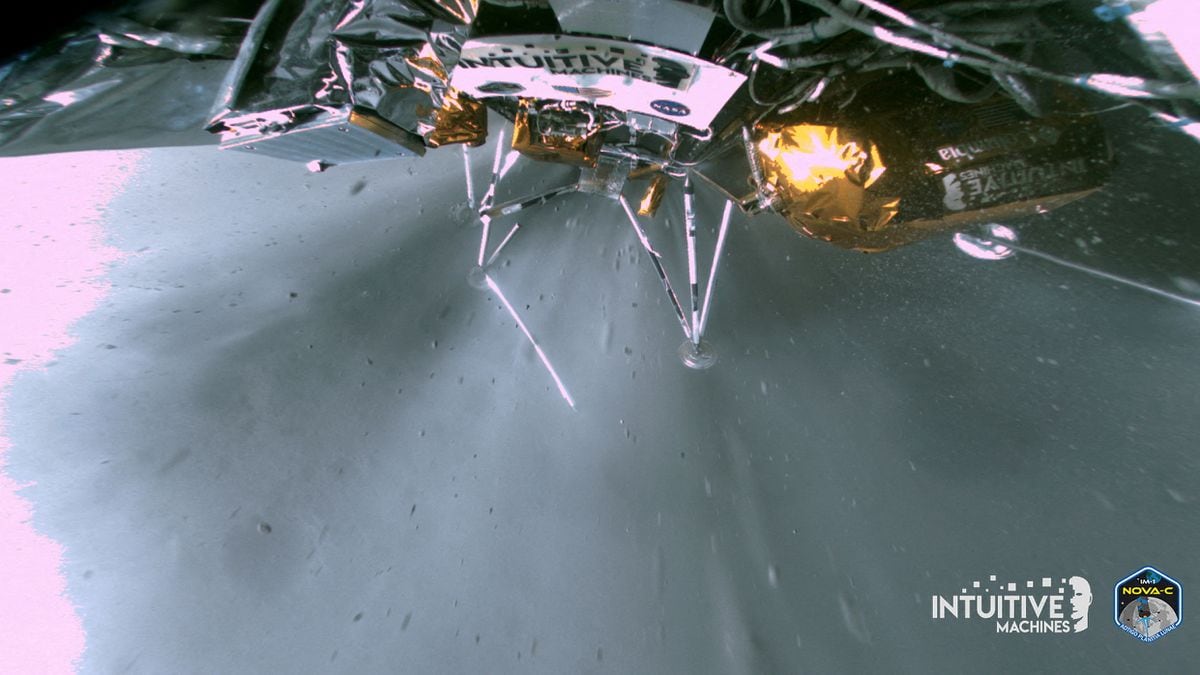Enlarge image
Boris Johnson: "The UK has started a new chapter in its history"
Photo: HOLLIE ADAMS / POOL / EPA
The British government sees the exit from the European Union as an opportunity to »define and expand its place in the world«.
What exactly this should look like - and, above all, how it should work - was still unclear for a long time after Brexit.
Even the Brexiteers had conflicting ideas among themselves.
A 114-page report on defense and foreign policy now provides insights into where the British are headed in the next decade.
The document has a few surprises in store:
Boris Johnson and his government want to increase the nuclear arsenal for the first time in decades - instead of reducing it, as originally planned, in the coming years.
Investments in military technology should be accelerated, the size of the troops must be reduced.
The kingdom is to be transformed into a »technological superpower« and a »soft power superpower«, which exercises global influence with its research and cultural institutions, the BBC and the monarchy.
The Prime Minister called the outlook the "most radical" of its kind "since the Cold War".
In fact, the government is committed to the idea of a "Global Britain" with ambitious policies outside Europe.
It sets its geopolitical goals high - and defines clear fronts.
"The strategy is radical in several senses," says foreign policy expert Ulrike Franke.
SPIEGEL:
Great Britain names a clear enemy in the report: Russia.
The "most immediate threat to our security" goes back to Moscow, writes the government, and speaks of "hostile" activities.
What is the open confrontation about?
Franke:
The clear positioning towards Russia was to be expected.
The United Kingdom has made a clear statement on this in the past - especially since the poisoning of Russian double agent Sergei Skripal.
So the report ultimately only takes into account the steadily deteriorating reality.
SPIEGEL:
With regard to China, the tone is more cautious, sometimes almost appreciative.
US Secretary of State Antony Blinken said recently that China is a competitor, colleague and adversary at the same time.
What is it most likely to hit the UK?
Franke:
All three.
This formulation simply takes reality into account.
In some areas the West and Great Britain will have to and want to cooperate with China - for example in the fight against climate change.
At the same time, China is a strategic competitor - for the USA and for the West, i.e. also for the United Kingdom and also for Germany.
We will all have to learn to live and deal with this ambiguity for a long time.
more on the subject
Chronology: 1971, 1989, 2007 - when Moscow and London kick diplomats out
Skripal case: Johnson blames Putin for nerve toxin attack
SPIEGEL:
Great Britain wants to increase its presence in the Indo-Pacific region, you want to station aircraft carriers there and join the CPTPP trade agreement.
Boris Johnson justifies this with the immense economic importance of the region and its role as a democratic counterweight to China.
What else justifies British interest in the Indo-Pacific?
"At best, there may be a certain courtship for the US's favor."
Franke:
In addition to these aspects, it is primarily about the support - both practical and symbolic - of the Americans.
Is there a threat of a race with the EU?
SPIEGEL:
The EU and France in particular are also interested in a stronger presence there.
However, the British claim the leadership role in their report.
Should this be a competition between Great Britain and the EU?
Franke:
I don't see any danger of competition there.
On the contrary: the United Kingdom and France cooperate much more closely in the military and strategic areas than many Germans are aware of.
At best, a certain courtship for the US's favor may be observed here.
SPIEGEL:
The EU is remarkably little mentioned in the report - it almost looks as if Brexit with its persistent problems never happened.
Does the UK government use silence as a problem-solving strategy?
"The United Kingdom now wants to emphasize, of course, that it goes its own way."
Franke:
Part of this omission is tactics and symbolism: The United Kingdom now wants to emphasize, of course, that it is going its own way instead of discussing cooperation with the EU for long.
It is regrettable that the relationship with the EU was only sparsely dealt with, but not too surprising in the course of current developments.
In part, the UK's position is not yet clear - we are only just now starting to see the real effects of Brexit.
And the EU is also still in a positioning discussion.
SPIEGEL:
Is the UK pursuing realistic ambitions with its geopolitical and military announcements, or does the report testify to overconfidence?
Franke:
In principle, it is to be welcomed that the United Kingdom is attempting with this strategy to provide the necessary means and capabilities for its idea of “Global Britain” - at least within the scope of its possibilities. In English they say: "They put their money where their mouth is." So I would not call the projects overconfident. However, Great Britain still has to prove whether the attempt to be globally active as a middle power will succeed. The strategy is certainly ambitious.














